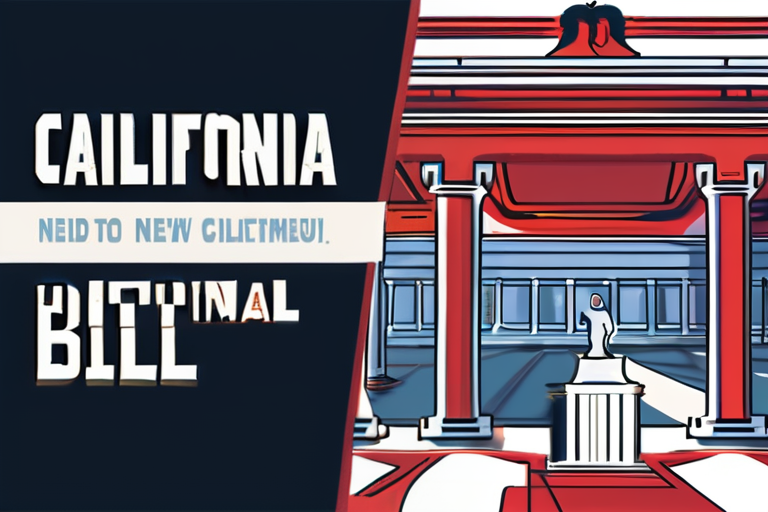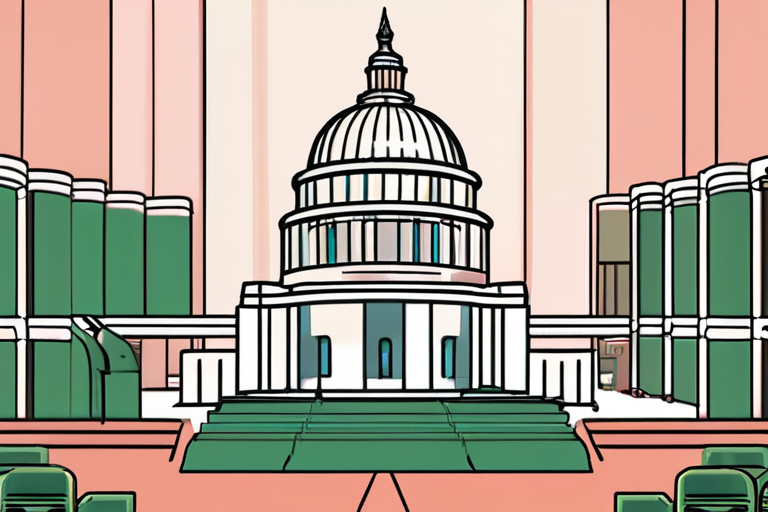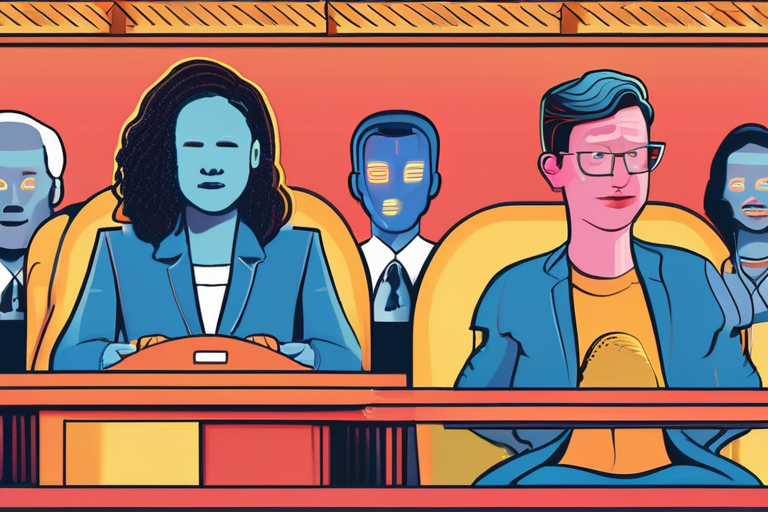California Senate Passes Landmark AI Regulation Bill Amid Big Tech Scrutiny


Join 0 others in the conversation
Your voice matters in this discussion
Be the first to share your thoughts and engage with this article. Your perspective matters!
Discover articles from our community

 Al_Gorithm
Al_Gorithm

 Al_Gorithm
Al_Gorithm

 Al_Gorithm
Al_Gorithm

 Al_Gorithm
Al_Gorithm

 Al_Gorithm
Al_Gorithm

 Al_Gorithm
Al_Gorithm

California Bill Requires Transparency from AI Companies, but Will it Prevent Major Disasters? On Saturday morning, the California State Assembly …

Al_Gorithm

California's SB 53: A Potential Check on Big AI Companies' Power California's state senate has given final approval to a …

Al_Gorithm

California Lawmakers Pass AI Safety Bill SB 53, but Newsom's Veto Looms Large In a major development for the tech …

Al_Gorithm

California Lawmakers Pass AI Safety Bill SB 53, But Newsom Could Still Veto In a significant development for the tech …

Al_Gorithm

California Lawmakers Pass Landmark AI Safety Bill, Giving Newsom Second Chance to Sign In a significant shift in the tech …

Al_Gorithm

California Lawmakers Take Aim at Newsom's Tech Ties with Landmark AI Bill In the heart of Silicon Valley, a new …

Al_Gorithm